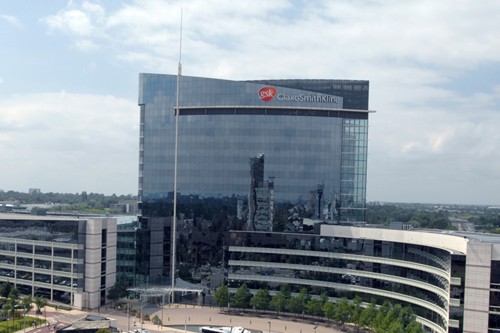
GlaxoSmithKline (GSK) has unveiled plans to set up a new centre in Brazil dedicated to finding more environmentally-friendly ways to develop and produce pharmaceuticals.
The new unit will be focused on a partnership with the São Paulo Research Foundation (FAPESP) and will focus on “sustainable chemistries most relevant to the discovery and development of medicines,” said the company in a statement.
GSK has committed funding to the project of £400,000 a year for 10 years, which will be matched by FAPESP.
Last year, GSK joined forces with the UK’s Engineering and Physical Sciences Research Council (EPSRC) to set up a chair in sustainable chemistry, with the additional aim of creating a dedicated lab unit at the University of Nottingham, which is in the process of being constructed.
Once the new centre in São Paulo is established the two centres will share information with each other and GSK’s in-house chemists. There will also be a call for proposal to universities located in the state of São Paulo which will be responsible for implementing the project in Brazil.
GSK has a number of research areas in mind with its green chemistry initiative, including improved synthetic routes for drugs that use fewer solvents and alternative, renewable starting materials from sources such as agricultural waste, as well as reduced use of scarce and polluting resources such as rare metal catalysts.
The centres – which will aim to be carbon-neutral in operation – will also try to develop ways to minimise energy use and maximise reaction efficiency, through the use of technologies such as flow chemistry and microwave heating.
Discussing the latest announcement, Rogerio Ribeiro, senior VP in charge of GSK’s emerging markets and Asia-Pacific (EMAP) operations, said: “This will be an important enabler towards our goal of reducing the environmental impact of both the discovery and subsequent manufacturing of drugs to help us meet our target of being carbon neutral by 2050.”
The 2050 target envisages zero net greenhouse gas emissions from manufacturing, distribution, use and disposal of products and the sourcing of raw materials.




